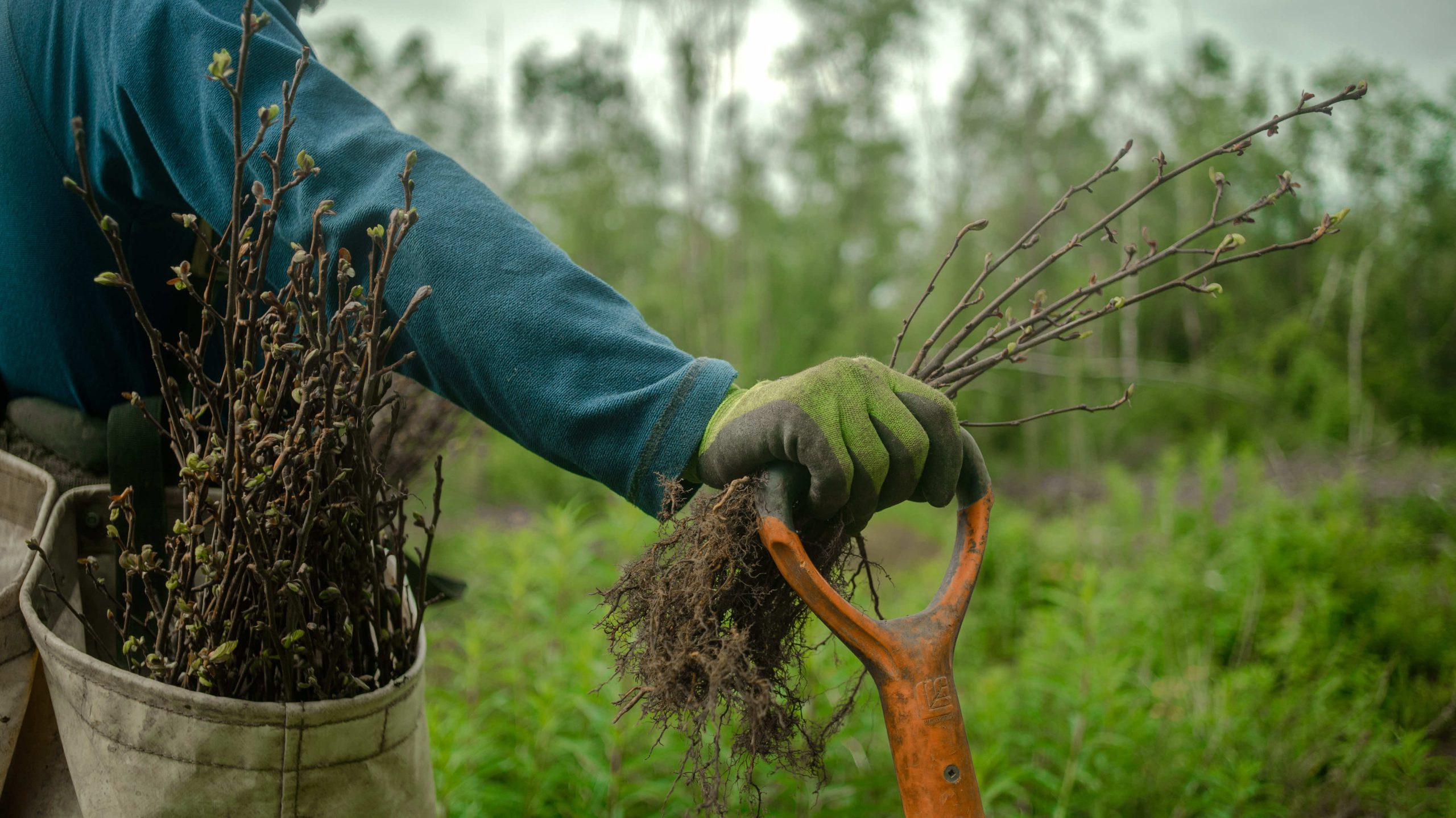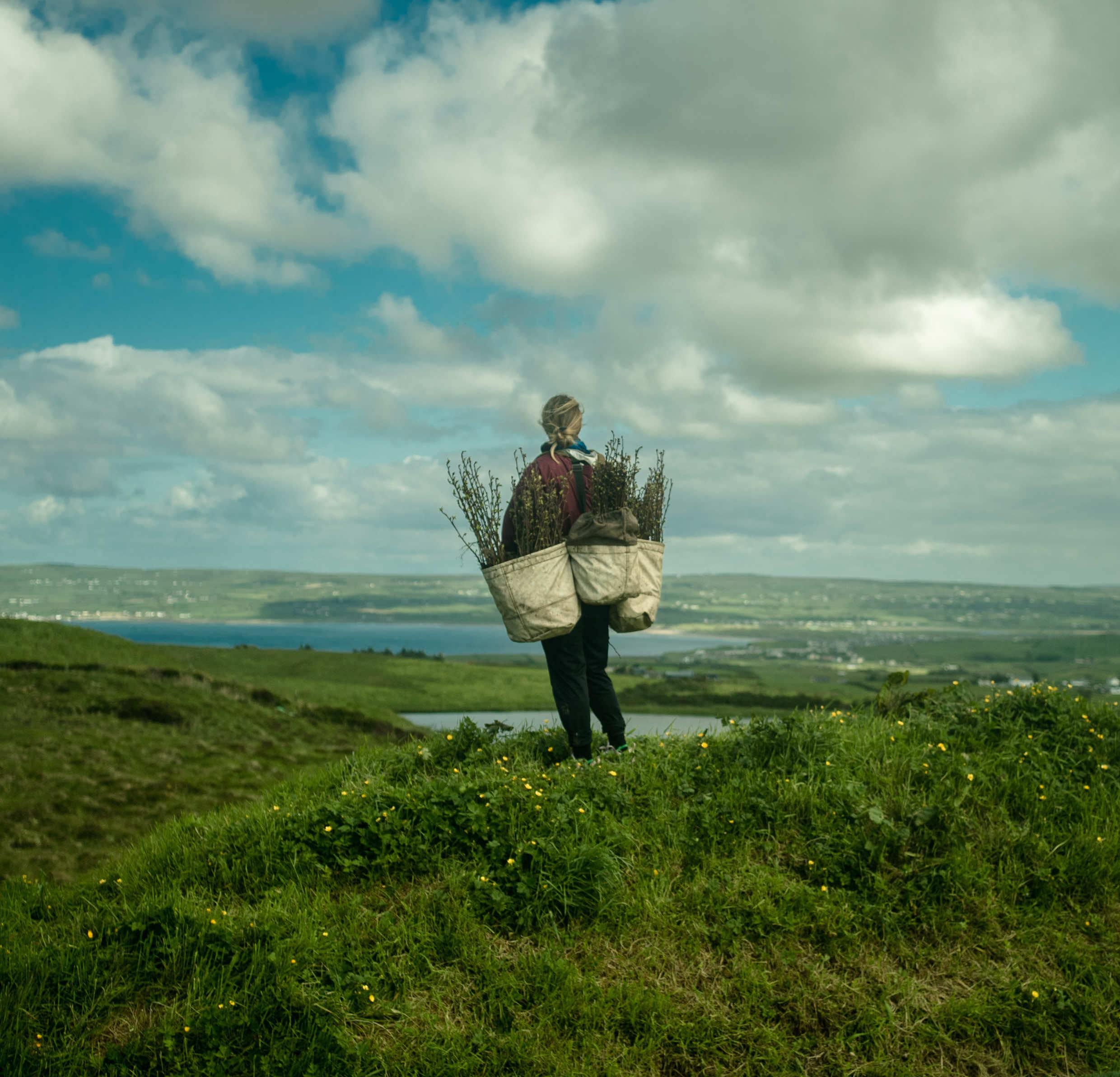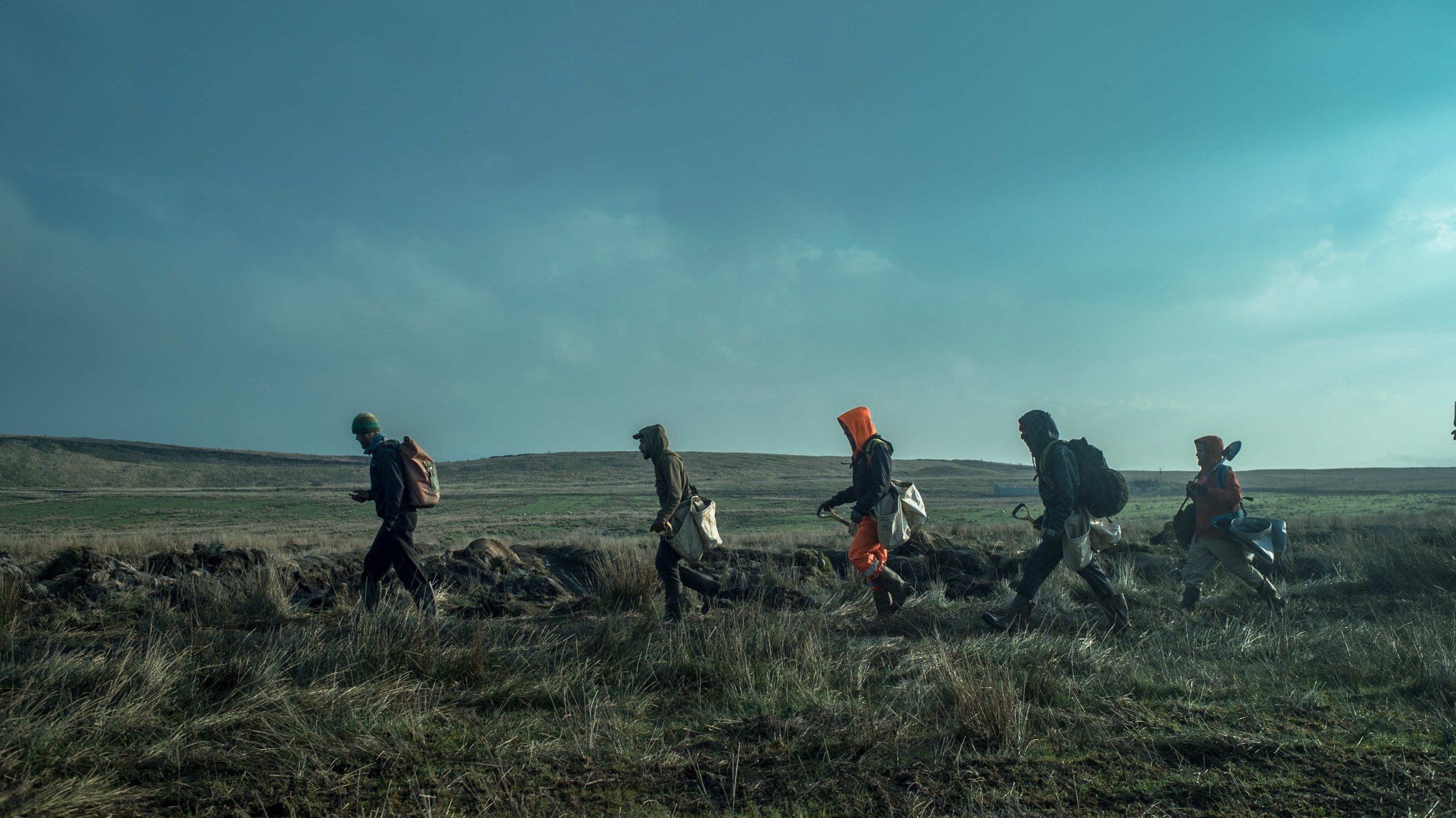Dear valued customers,
We are thrilled to announce a new partnership between Honeybee & Co. and Gone West! We believe this partnership will greatly benefit all of our customers, and we are excited to share the details with you.
Honeybee & Co. is a leading provider of premium quality honey and other bee-related products. Our products are made with the highest standards of quality and sustainability, ensuring that our customers receive the best possible experience. We are passionate about the natural world, and we believe that our products can help to promote health and well-being.
Gone West, is a tree-planting organization committed to environmental sustainability. Gone West’s mission is to create jobs to battle climate change, and they have successfully planted over 5 million trees while empowering hundreds of purpose-driven people since 2013. Gone West is committed to sustainability and environmental responsibility, and they work hard to ensure that their products have a minimal impact on the planet.

Through this partnership, Honeybee & co and Gone West will work together to promote the importance of environmental sustainability and combat climate change. Gone West’s commitment to creating forests and re-planting trees aligns perfectly with Honeybee & co’s focus on natural products and sustainable practices.
Together, we are proud to introduce a special range of products that combines the best of both brands. This range includes outdoor gear and apparel made with natural ingredients such as honey, beeswax, propolis, and honeycomb. By investing in these products, customers can support both ethical and sustainable practices while contributing to a larger goal of stabilizing our climate.
We believe that this partnership will be a great benefit to all of our customers, and we encourage everyone to join us in this important mission.
Thank you for your support, and let’s work together to create a more sustainable future.
Sincerely,
The Honeybee & Co. and Gone West teams.
Forests have been around for millions of years and have evolved in response to changes in climate, geography, and other environmental factors. The evolution of forests can be traced back to over 380 million years ago when the first land plants emerged from the sea. These early plants evolved into more complex forms, eventually giving rise to the diverse range of trees and other vegetation that make up modern-day forests.
Forests can be classified into several different types based on their climate, geography, and the species that inhabit them. One way to classify forests is by their location in relation to the equator. Forests that are located near the equator are called tropical forests, while those that are farther away are called temperate forests. Within these broad categories, there are numerous subtypes of forests, such as rainforests, mangrove forests, and deciduous forests.

Forests are home to a wide variety of species, ranging from insects and birds to mammals and reptiles. Many of these species are unique to forests and cannot be found in other types of ecosystems. In addition to providing habitat for wildlife, forests also play a key role in regulating the Earth’s climate, absorbing carbon dioxide and other greenhouse gases that contribute to global warming.
The importance of forests cannot be overstated. Forests are a vital source of timber and other forest products, such as paper and furniture. They also play a critical role in maintaining soil quality, preventing erosion, and regulating water flow. In addition, forests are a key source of food and medicine for many communities around the world.
Despite their many benefits, forests are currently facing numerous threats from deforestation. Deforestation refers to the clearing of forests for various purposes, such as agriculture, logging, and urbanization. This practice has led to the loss of valuable habitat for wildlife, as well as significant carbon emissions that contribute to global warming.
To address the threat of deforestation, a number of conservation efforts have been put in place around the world. These include the creation of protected areas, the promotion of sustainable forestry practices, and the development of alternative livelihoods for communities that depend on forest resources. In addition, individuals can take steps to reduce their own impact on forests, such as by using recycled paper products and supporting companies that use sustainable forestry practices.

In conclusion, forests are an essential part of our planet’s ecosystem, providing numerous benefits to humans and other living organisms. While deforestation poses a significant threat to forests and the many services they provide, there are a number of efforts underway to address this issue and promote sustainable forest management practices. By working together to protect and preserve forests, we can help ensure a healthy and sustainable future for our planet.
References:
Food and Agriculture Organization of the United Nations. (2020). The state of the world’s forests. Rome: FAO.
WWF. (2021). Deforestation. Retrieved from https://www.worldwildlife.org/threats/deforestation
Mbow, C., Rosenzweig, C., Barioni, L. G., Benton, T. G., Herrero, M., Krishnapillai, M., … & Smith, P. (2019). Chapter 5: Food security. In IPCC, Climate change and land: an IPCC special report on climate change, desertification, land degradation, sustainable land management, food security, and greenhouse gas fluxes in terrestrial ecosystems (pp. 289-412). IPCC.

